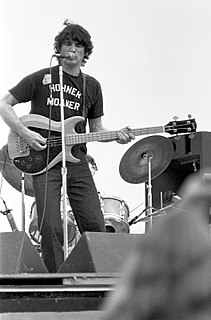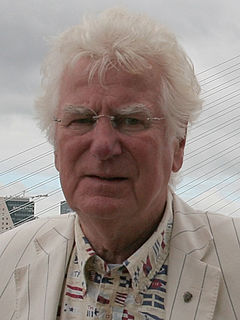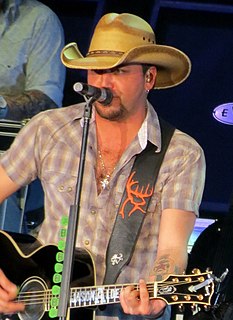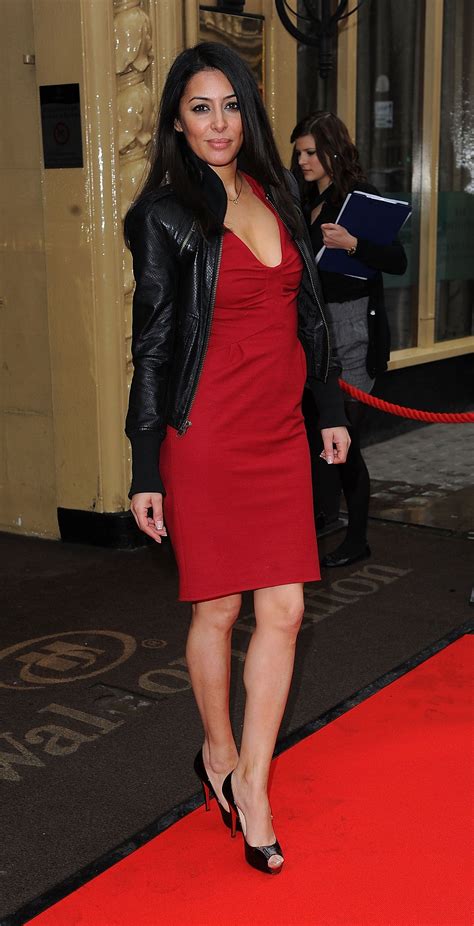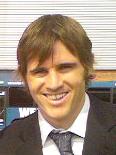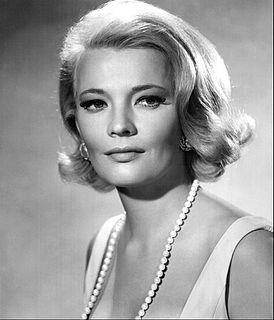A Quote by Jon Gordon
Earlier that year [1996], Ronnie Scott came to Visiones when I was playing with Maria and he hired me to come and play in his club in London, which I was gratified by. That allowed me to make some more connections.
Related Quotes
I come from a musical family. Mom was a piano teacher for a large portion of her life, and Dad is a saxophone hobbyist who grew up in England during the heyday of Tubby Hayes and Ronnie Scott. I started taking piano lessons from my Mom, but it's too easy to slack off with your parent, so she passed me on to a friend of hers, where I got more motivated to play music by playing pop hits and TV themes. I did some classical training, but I was always more into the really thematic stuff.
The black experience, which has nothing to do with my play 'Angels in America,' allowed me to understand the Mormon character. He was the character that couldn't come out to his mother. It allowed me to understand emotional and closeted behavior, because you're so acutely aware of how you're perceived.
You're trying to make the language work, and your subconscious is being allowed to make the deeper, more profound connections. It's much better than going at it all frontally. But you can't conjure it in an intellectual way; it has to come out of another engagement, a more intuitive engagement. Revision is where the intellectual, analytical work happens. At least for me.
I was able to go over [Saxophone Competition] and work a little more in Europe. I'm thankful that those of kinds of things. Simultaneously, some nice things did come in. I got a nice festival that came in, in Virginia through that. There was a club that opened in DC in the famous Willard Hotel near the White House. And the club was called The Nest. I played there a few nights. Some musicians in Philly and D.C. kind of brought me down and got me on a couple things. So things opened up a little bit.
When the Taliban captured Kabul in 1996 after a searing, four-year civil war, they immediately instituted laws which fit their utopic vision of the time of Islam's founding more than 1,300 years earlier. Afghan women's lives offered the most visible sign of the imagined past to which Afghanistan's present was to be returned.

